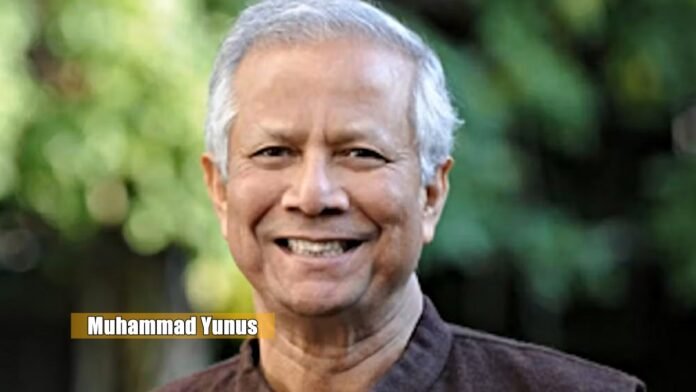
Dhaka: A labor court in Bangladesh sentenced Nobel Peace Prize winner Dr. Muhammad Yunus to six months of simple imprisonment on Monday, for violating the labor laws as the chairman of Grameen Telecom, a subsidiary of Grameen Bank, which he founded to provide microcredit to the poor. The court also fined him and three other executives of the company Tk 25,000 (about $295) each, and ordered them to serve an additional 10 days in jail if they failed to pay the fine. ‘Bangladeshi Taka’ is the currency of Bangladesh.
Yunus, 83, who was in the court during the verdict, denied the charges and applied for bail. The court granted him one month’s bail against a surety bond of Tk 5,000 (about $59). He and the other accused can appeal the verdict to a higher court. The verdict came just a few days before the general elections scheduled for January 7, 2024, in which Yunus’s political rival, Prime Minister Sheikh Hasina, is seeking a fourth term in office.
Yunus’s supporters and lawyers claimed that the verdict was “politically motivated” and aimed at harassing him. They said that the charges were based on a complaint filed by 18 former employees of Grameen Telecom, who alleged that Yunus and the company had deprived them of their job benefits and welfare fund. They also said that Yunus had not personally benefited from Grameen Telecom or any of the other social businesses he had established in Bangladesh.
Grameen Telecom is a company that provides mobile phone services to rural areas in Bangladesh. It owns a 34 percent stake in Grameenphone, the country’s largest mobile phone operator. Yunus had set up Grameen Telecom and other social businesses to create employment and income opportunities for the poor, and to address various social and environmental problems. He had also donated his share of the Nobel Prize money to these social businesses.
Yunus is widely respected and admired for his pioneering work in microfinance and social entrepreneurship. He was awarded the Nobel Peace Prize in 2006, along with Grameen Bank, for their efforts to create economic and social development from below. He is also the recipient of many other national and international honors, including the Presidential Medal of Freedom and the Congressional Gold Medal from the United States.

However, Yunus has also faced several challenges and controversies in his home country. He has been involved in a long-standing dispute with the government of Prime Minister Hasina, who has accused him of “sucking blood” from the poor and of mismanaging Grameen Bank. In 2011, Yunus was forced to resign from his position as the managing director of Grameen Bank, after a government-appointed commission found him guilty of violating the bank’s rules and regulations. He challenged the decision in the Supreme Court but lost the appeal.
Since then, Yunus has been facing various legal cases and investigations, mostly related to his social businesses and their compliance with labor laws and tax regulations. Some religious groups and political parties have also criticized him for his secular and liberal views and for his attempt to enter politics in 2007, which he later abandoned. Yunus has maintained his innocence and integrity and has continued to advocate for the rights and welfare of the poor and the marginalized.



















































